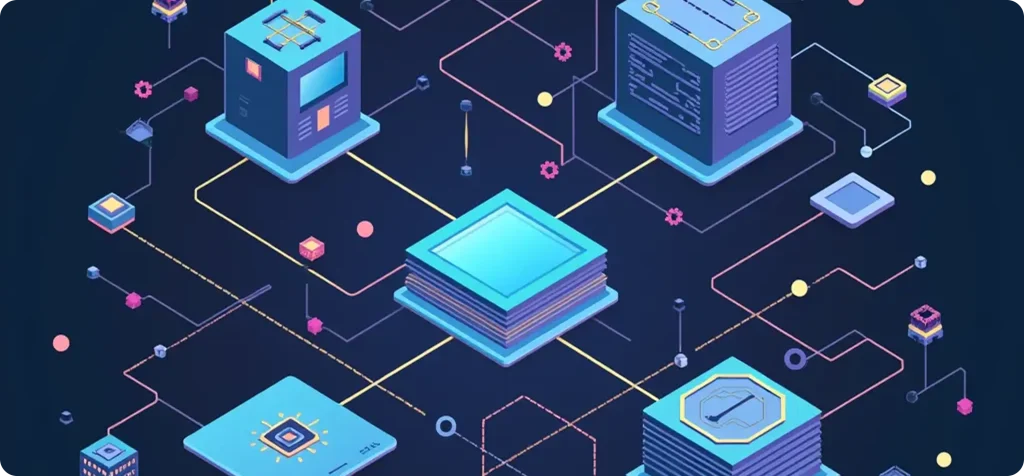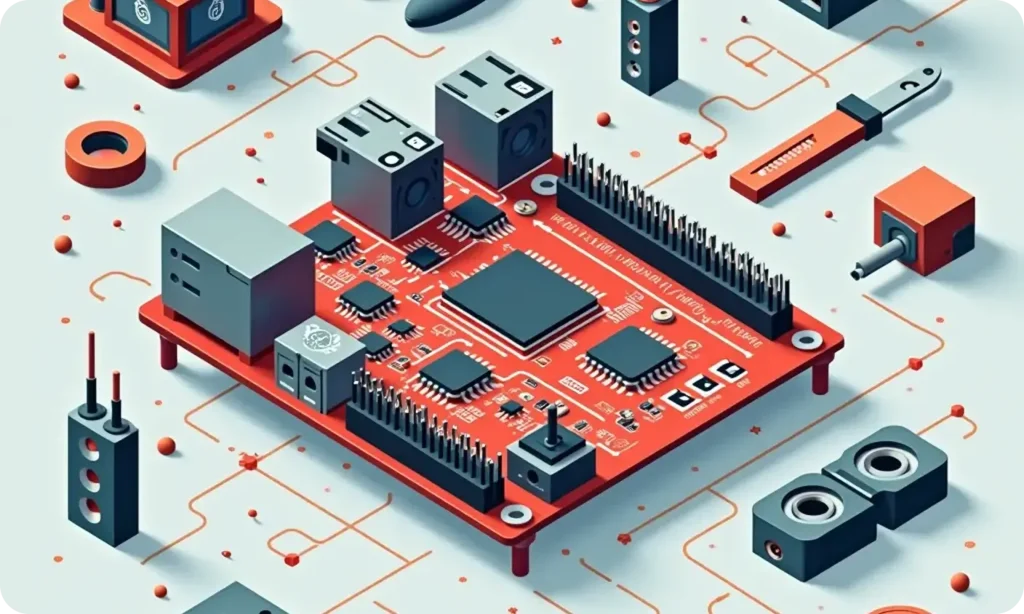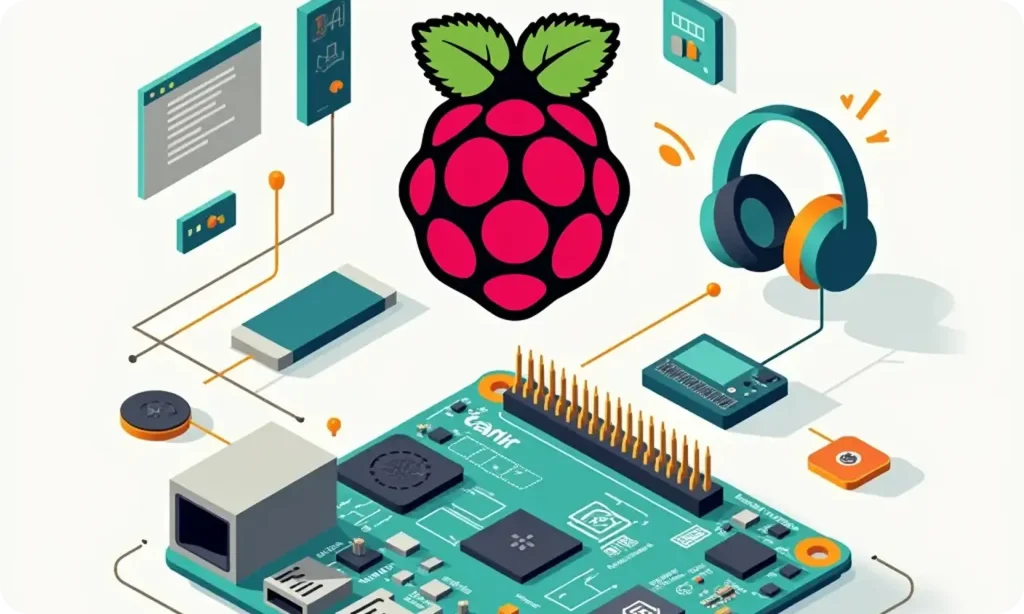What is a Toolchain?
A toolchain is a collection of development tools including a Crosstool Compiler, linker, and runtime libraries. It is used to convert source code into executable binaries that run on a target embedded device. Toolchains are essential for building the 3 core components of an embedded Linux OS:
- The bootloader
- The Linux kernel
- The root filesystem
Toolchains must support key programming languages such as Assembly, C, and C++, which are widely used in the development of open-source embedded software. These languages form the foundation of most components and packages used in Linux on embedded systems, making their support critical for building stable and functional systems.

Share at:
What Are the Types of Toolchains?
- Native toolchain
- Cross toolchain
Cross-Platform vs Native Toolchain
Name Of The Feature
Cross Toolchain
Native Toolchain
Target Platform
Different from host system
Same as host system
Example
Compiling for ARM on an x86 Linux PC
Compiling for x86 on an x86 Linux PC
Compiler
Cross-compiler
Native Compiler
Binary Output
Runs on target device, not host
Runs on the host machine
Toolchain Setup
Usually more complex; requires cross-compilation tools
Simple tools are often pre-installed
Testing
Requires hardware or emulator for target
Can be tested directly on the same system.
What Are Toolchains Used For?
- Toolchains allow developers to compile software on a host machine (e.g., x86) for execution on a different architecture (e.g., ARM), which is essential for embedded development.
- Developers use toolchains to compile all major components of an embedded Linux system, including the Linux kernel, root filesystem (RootFS) and bootloader (such as U-Boot), for the target hardware architecture. This process, known as building a toolchain for devices, ensures that the binaries run correctly on the embedded hardware.
- Toolchains often come with tools like gdb (GNU Debugger) and gprof that help developers debug and profile applications running on the target hardware or emulated environments like QEMU.
- Using a single toolchain via crosstool-NG ensures consistency between the kernel, bootloader, and applications, reducing runtime errors due to binary incompatibility.
How Are Toolchains Used in Devices?

QEMU Toolchain Setup

BeagleBone-Toolchains Setup

Raspberry Pi Toolchain Setup
Project Insight – Video Presentation
FAQs
A cross-compilation toolchain is a set of tools (compiler, linker, debugger, etc.) used to build software. A cross‑compilation toolchain runs on one platform but generates code for another architecture.
The three components of toolchain typically include a Compiler (translates code to machine language), a Linker (combines code into an executable) & Runtime Libraries (Provide essential system functions).
To update toolchain components, use ct-ng menuconfig to edit the configuration, then run ct-ng build to rebuild. You can also increment the version or update the date tag if needed.
The difference between native and cross-compiling is that the Native builds run on your host OS and generate code for the same platform, while cross-compiling builds on one platform (your PC) but generates binaries for another (like ARM).
Embedded Linux is a lightweight version of the Linux operating system designed to run on embedded systems like routers, IoT devices, and single-board computers. Embedded Linux development refers to building, customizing and deploying Linux-based software for these constrained devices, often involving cross-compilation, device driver integration and system optimization.
Linux is widely used in embedded systems due to its open-source nature, flexibility, robust driver support, and scalability. It allows developers to customize the system to meet specific hardware and application requirements, and offers a rich set of development tools, making it ideal for embedded software development.
A toolchain is used to compile, link and build software for a specific target platform. It enables developers to convert source code into executable binaries, especially useful in cross-compiling for embedded systems.
The difference between a compiler and toolchain is that a compiler translates source code into machine code, while a toolchain includes the compiler along with additional tools like a linker, assembler, debugger and runtime libraries—everything needed to build and debug complete software for a target system.